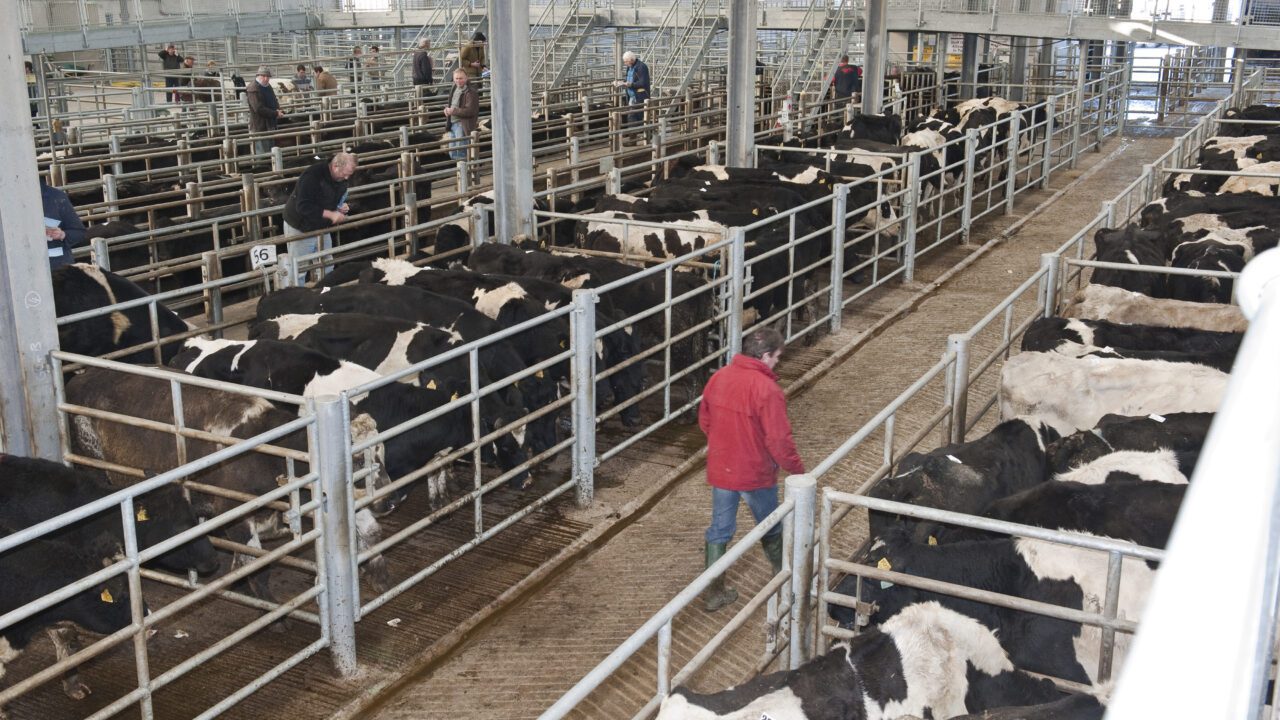Banning the live export of farm animals would be “completely unworkable” for the farming industry, Ulster Farmers’ Union (UFU) president Barclay Bell has warned.
The live export of cattle and sheep forms an integral part of Northern Ireland livestock sector, injecting in excess of £70 million into local farm businesses per year.
Bell made the comments in advance of the second reading of the Live Animal Exports (Prohibition) Bill in the House of Commons, scheduled for Friday, February 2.
It’s feared that banning exports could hit the industry hardest at times when domestic prices bottom out.
Continuing, Bell said: “The fact that the vast majority of this trade is with the Republic of Ireland and Spain demonstrates how essential it will be post-Brexit to maintain competitive, uninterrupted free trade with the EU.
“The idea that a ban or added restrictions are being considered in the House of Commons is a complete non-starter for the Northern Ireland farming industry and must be strongly opposed by our elected representatives.”
‘Badly damage primary production’
With Brexit on the horizon and discussions underway about future UK agricultural policy, the UFU continues to argue that farmers place in the supply chain must be strengthened.
We want to see competition and transparency in the market place. A thriving live export trade, which has fair and proportionate regulation based on sound science, must play a key role in this.
“To prohibit or heavily restrict live exports will badly damage primary production in Northern Ireland. It will be detrimental to all hopes of having a holistic local livestock sector that can deliver for the economy, environment and rural communities,” said the UFU president.
